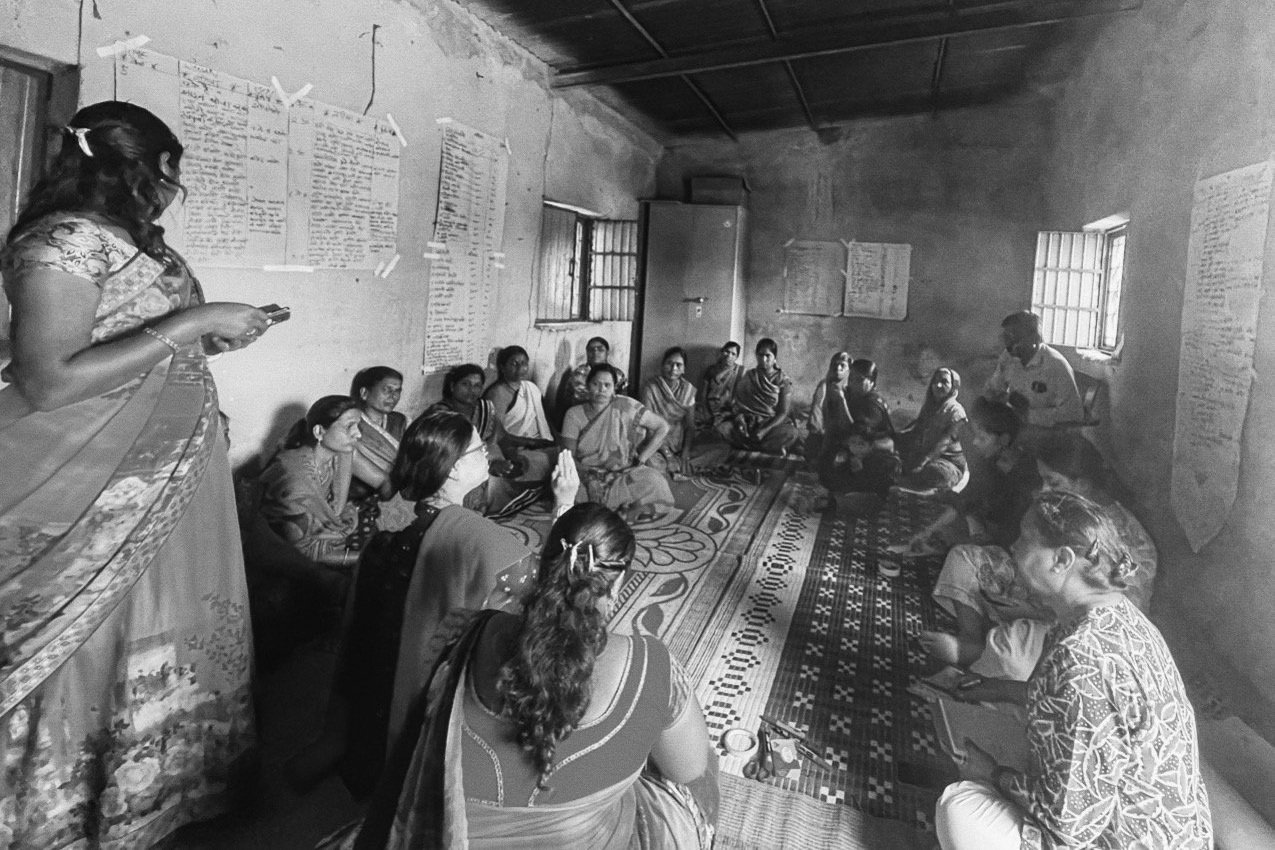Women-led Community
Resilient Local Governance Project
Maharashtra, India
Project developer Swayam Shikshan Prayog (SSP) is promoting sustainable community development by repositioning women as change makers and fostering collective leadership. SSP works in low-income, climate-threatened communities, and has built robust partnership ecosystems that enable women’s social and economic empowerment and leadership in the context of inclusive and sustainable development. In the last decade, SSP has reached over 6 million people and empowered over 200,000 women across India.
Project Activities
SSP’s Women-Led Community Resilient Local Governance (wCOREL) project in the state of Maharashtra promotes community-driven resilience and change by women at all levels – from households and communities to markets and local governance systems – resulting in sustainable livelihoods and improved wellbeing for all women and families.
This project promotes women-led climate resilient farming. It focuses on de-risking agriculture in climate-risk areas and transforms marginalized women farmers into resilient leaders through organic cultivation of multiple indigenous food crops, positioning them as agricultural innovators and decision makers. It also promotes livelihood diversification, bolstering household health, nutrition, and income security.
Women’s empowerment in this community has benefits in many dimensions. As women gain the confidence to reshape their own lives and identities, they can become powerful advocates for their own rights, combatting child marriage, and creating better leadership opportunities for future generations.
Income and Assets
101% increase
Leadership
127% increase
Project Outcomes
WOCAN applied the W+ Standard™ to measure the project’s outcomes in both the Income & Assets and Leadership domains. It demonstrated a remarkable 101% increase in Income & Assets, and 127% growth in leadership capabilities, empowering over 1,500 women to advocate for their communities’ needs. These results were third-party audited and verified, enabling the project to generate W+ Credits. Per the W+ Standard’s benefit sharing requirement, 20% of the sale of these W+ Credits are returned to women’s organizations operating within the project area, unlocking revenue for women’s development or climate adaptation activities, according to their own needs.




